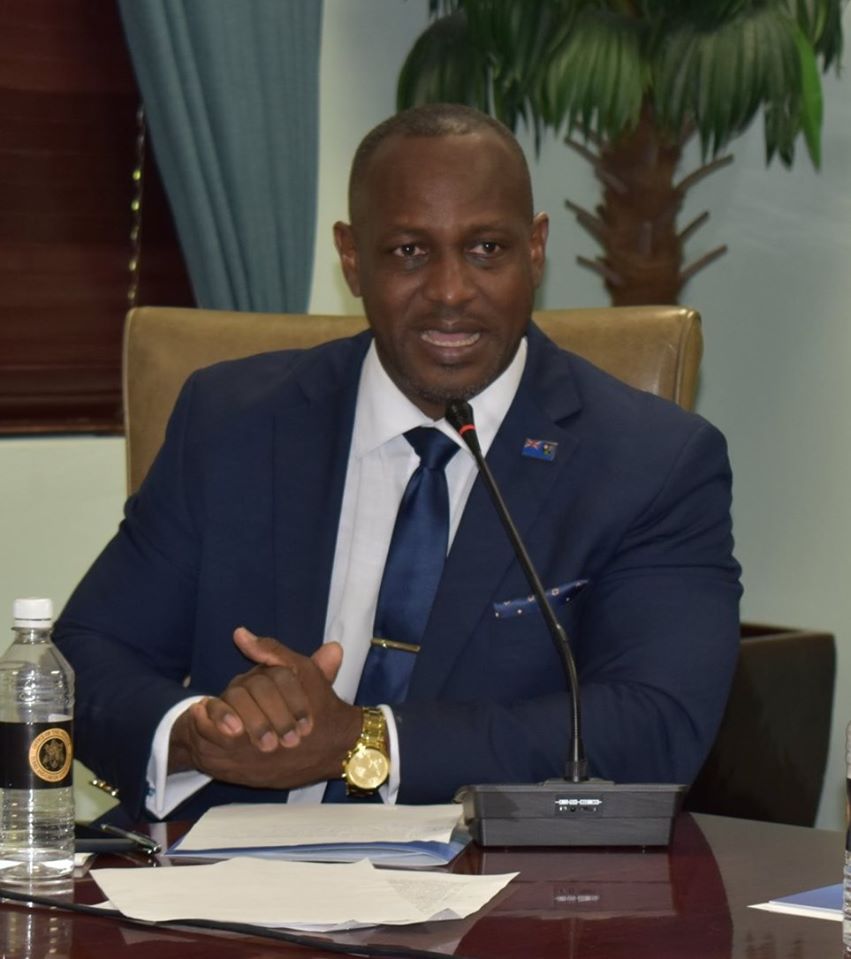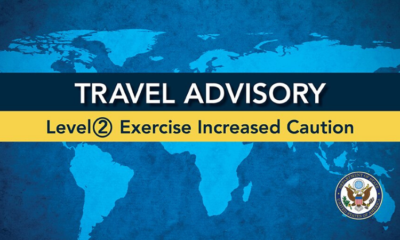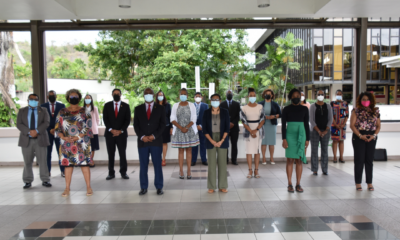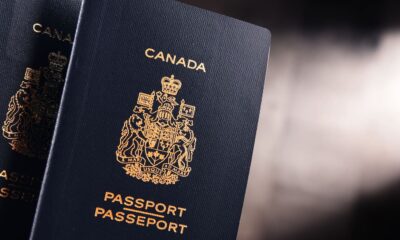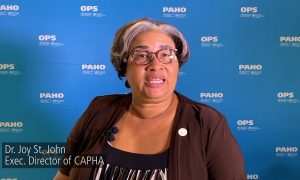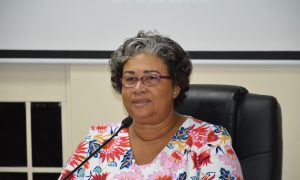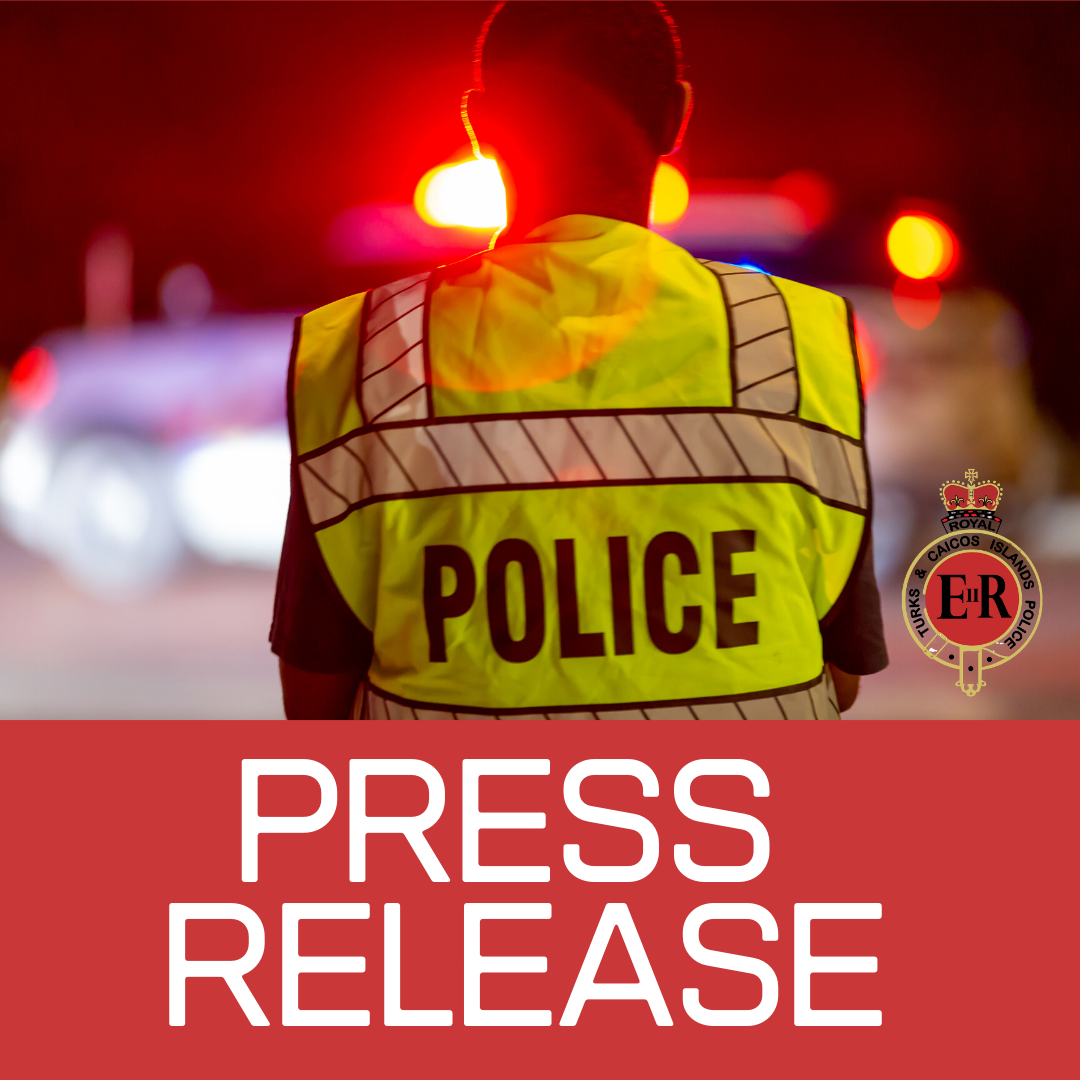#GrandTurk, Turks and Caicos Islands – March 5, 2020
1. Are we ready for the first case?
Yes. We have isolation rooms in both hospitals. We’re asking the public that if they suspect that they have the virus, they are not to go to the hospital but to call the Ministry of Health Coronavirus hotline, 232-9444 or 338-0911, and will provide advice and guidance. If required, we have identified the new Mental Health facility in Grand Turk as an isolation facility and also the Blue Hills Clinic in Provo – minor works are to be completed before the facilities can be fully utilized. The government has also looked at the possibly of securing vacant commercial properties as an additional alternative.
2. What will we do when the first case arrives?
If a suspected case was identified today, we have the proper protocols in place in order to respond. In addition, we have isolation rooms located in both of our hospitals for persons requiring care.
3. Do we have an isolation Unit?
Yes. As mentioned, units are operational at Cheshire Hall and Cockburn Medical Centres. There are also units at the newly constructed Mental Health Facility in Grand Turk which will be used if needed.
4. Do we have enough medical oxygen, ventilators, and other vital equipment
Yes, we do have the vital equipment that can cope with an initial outbreak. The Health Emergency Management Unit within the Ministry of Health is advanced into the process of procuring additional Oxygen, Ventilators and other vital equipment such vital signs monitors, IV Stands and a PCR machine which would enable us to test locally. However, due to this emergency there has been a slowdown in the global supply chain, affecting availability and prices.
5. Will we know if there are cases in other parts of the country?
The Ministry or Health is committed to providing information to the general public as it relates to the TCI. Information will be shared as and when it becomes available.
6. Is there a reporting system that all health facilities are using and a way to raise an alert if there is a concern?.
Yes. The Ministry of Health through the National Epidemiology and Research Unit currently has a very robust Syndromic Surveillance System which works very closely with all private health care facilities and all government facilities, TCI hospitals and a number of resorts. From as early as January all sites were alerted to be vigilant for persons meeting the case definition of COVID-19.
7. Do our Health workers have the training and equipment they need to stay safe?
Refresher training is ongoing for all Health Workers in
Infection Prevention and Control (IPC) and the proper use of personal
protective equipment (PPE). Currently there is a supply of PPEs such as N95
masks, face shields, gloves aprons, goggles, coveralls and gowns available for
use in country. Additional supplies are also being sourced to supplement stocks
on hand.
- 8.Do our Health workers know how to take samples correctly from patients?
All the Public Health Nurses and Doctors are comfortable and
well-trained in obtaining samples for testing.
- 9. Do we have the right measures at airports and border crossings to test people who are sick?
Screening is ongoing at the air and sea ports. Cruise ships have to notify us before entry of any ill persons on board as a part of their routine reporting requirements and we would not allow any ship with the virus to land. If there are any suspected cases, vessels would not be allowed to disembark their passengers or crew. If required, testing would not take place at our ports of entry but specimen collection can take place there. We have assigned additional staff to the airport in Providenciales and will be enhancing our surveillance at the cruise port. Additional temporary staff are also being recruited.
10. Do our labs have the right chemicals that allow them to test samples?
Like many countries in the region, our Public Health lab is not able to test locally at the moment. We are exploring the swiftest options for such testing. We have already established protocols in the meantime at the Caribbean Public Health Agency laboratory and are seeking to partner with other countries to support our testing capabilities. A PCR machine is required to test locally and the Ministry of Health is in the process of procuring a machine. The equipment for sample collection is in country.
11. Are we ready to test patients with severe or critical disease
Once we receive the PCR Machine, the Pan-American Health Organization (PAHO) would assist with refresher training and we will have the capacity to test in country. In the meantime, we would use established protocols to test samples.
12. Do our hospitals and clinics have the right procedures to prevent and control infections.
Our Health facilities have a very strong Infection Control Programme and we are also guided by new guidelines provided by the World Health Organization (WHO) in relation to COVID-19. We have a draft Policy in place and training of our health personnel is ongoing.
13.Do our people have the right information; do they know what the disease looks like?
The Ministry of Health commenced a public education campaign COVID-19 on the 22nd of January 2020. Messages have been distributed via social media, radio, WhatsApp and through community visits. The Ministry is currently working on video messages to be distributed. Schools are also being educated about the virus and how to protect themselves from it, this activity began on 21st February. Sessions with churches on COVID-19 began on 23rd February. Ministry officials have also appeared on radio talk shows concerning COVID-19. Frontline government staff along with other public service providers have been receiving information on COVID-19 and also have been advised to have hand sanitizers for, not only staff, but also the public that they serve.
14. Are we ready to fight rumors and misinformation with clear and simple messages that people can understand?
Yes. We continue to respond to damaging rumuors through a combination of activities, including but not limited to, press conferences (held on Monday, 2nd March, 2020) and media statements; text messages through FLOW and Digicel, along with messages through platforms such as WhatsApp and the use of social media. We ask the public to only seek advice from credible sources.
15. Are we able to have our people on our side to fight this outbreak?
We are increasingly confident that the general public understand that combating this public health emergency is everyone’s responsibility. We firmly believe that by the government continuously sharing information with the general public on a timely basis, and responding to their concerns, that we can yet further build support. The answer to these questions can be viewed in that light.
PRESS RELEASE: TCIG MINISTRY OF HEALTH & TCI GOVERNOR’S OFFICE

 Caribbean News1 week ago
Caribbean News1 week ago
 Caribbean News7 days ago
Caribbean News7 days ago
 Caribbean News1 week ago
Caribbean News1 week ago
 Caribbean News1 week ago
Caribbean News1 week ago
 Bahamas News7 days ago
Bahamas News7 days ago
 News7 days ago
News7 days ago
 Bahamas News1 week ago
Bahamas News1 week ago
 News7 days ago
News7 days ago
